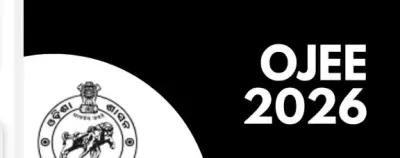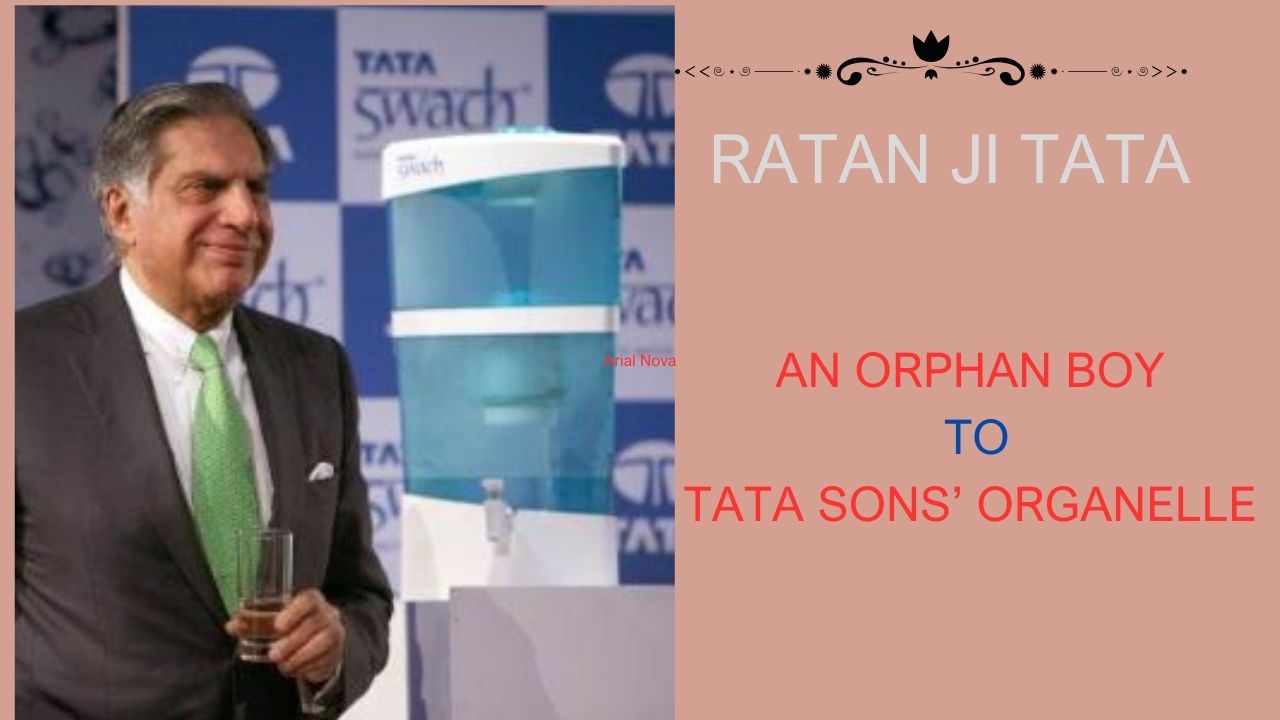

Prasanta Kumar Dash
Mumbai, Oct 10: Ratan Tata, Chairman emeritus of one of India's biggest conglomerates, Tata Sons, passed away on Thursday.
During the tenure of 86 years, treading as a common man to become an uncommon business icon, Ratan Tata accomplished enormous achievements in his life touching lives and humanity throughout his life.
His timeless struggle, commitment and indomitable perseverance elevated a boy from the Orphan Ratan Tata as the Ratan(jewel) of ‘Tata Sons’ oneday.
Ratan Tata was one of the most influential businessmen in the country who left behind a legacy that has significantly shaped the Indian industry.
The elevation of Ratan N Tata from a mere shopper to an iconic industrialist, the entire journey is nothing but an inspiring uphill venture to script excellence everywhere what he conceptualized to start up in his life solely aligning his body, mind and spirit.
According to some of the memoirs, as noted down by Ratan, he was not born with a silver spoon. His early childhood life was not a bed of roses rather it was full of pain, sorrows and sufferings.
Ratan Tata was born in Mumbai to Soonu Commissariat and Naval Tata. In 1948, When Ratan Tata was 10 years old, his parents separated, and he was subsequently raised and adopted by his grandmother, Navajbai Tata. He was raised alongside his stepbrother, Noel Tata, who is the son of Naval Tata and SimoneTata.
Ratan Tata’s father, Naval Tata, was Ratanji and Navajbai Tata’s adopted child. Naval Tata grew up at the J.N. Petit Parsi Orphanage. Ratan Tata’s parents divorced when he was ten years old in 1940, and he was raised by his grandmother. His grandmother was a major admirer of him.
As per Ratan Tata's education and career, almost frisky and fricle Ratan received early education (nursery to class 8) from Mumbai's Campion School. Then, he joined Shimla's Bishop Cotton School, and finished matriculation at Cathedral and John Connon School in Mumbai.
After completing his high school education, Ratan moved to the US in 1955 to study architecture and engineering at Cornell University in Ithaca, New York. In 1962, he was awarded a Bachelor of Architecture (BArch) degree.
After returning to India in 1962, he worked on the shop floor at the family-run group. After that, he underwent 6-month training at the Jamshedpur plant of Tata Engineering and Locomotive Company, which is now known as Tata Motors.
He gained experience in several Tata Group firms before being named director in charge of one of them, the National Radio and Electronics Co. in 1971.
In 1963, he joined the training program of Tata Iron and Steel Company or TISCO which is now known as Tata Steel at Jamshedpur. After two years of training, he was appointed as a technical officer in the engineering division of TISCO. He then went to Australia for 2 years as a resident representative of the Tata Group.
In 1971, he became the direct in-charge of National Radio and Electronics (NELCO) and began his first independent leadership mission.
He joined the board of Tata Sons in 1974 and completed the Advanced Management Program at Harvard Business School in 1975.
In 1981, he was appointed as the chairman of Tata Industries. Between 1986 and 1989, he served as the chairman of Air India.
On 21 March 1991, he took over the post of chairman of Tata Sons and Tata Trusts from JRD Tata.
Under his leadership, Tata Group expanded globally and acquired many major companies, including big names like Tetley, Corus, Jaguar Land Rover, Brunner Mond, General Chemical Industrial Products and Daewoo.
In December 2012, he resigned from the post of Chairman of Tata Sons and was appointed Honorary Chairman (Emeritus Chairman) of Tata Sons.
Despite becoming the future chairman of the Tata Group, he began his career at the Tata Steel Division, where he worked alongside blue-collar workers. In 1971, Tata was named Director-in-Charge of the National Radio and Electronics Company Limited (NELCO), which was in desperate need of resuscitation, and he successfully turned it around.
Ratan Tata took over the Tata Group in 1990 and implemented a series of changes to modernize the group’s business practices to compete successfully in the new era.
During his time, he merged all Tata enterprises, purchased numerous companies, notably Tetley and Jaguar Land Rover, and listed Tata Motors on the New York Stock Exchange, bringing the company international recognition.
India acquired its first indigenously made vehicle, the Indica, and its first compact car, the Nano, during his leadership.
Tata’s Nano, the world’s most cost-effective automobile, was developed when the company became worried about the safety of nuclear families traveling by two-wheeler.
Tata received the Padma Bhushan, India’s third-highest civilian honor, in the year 2000. In 2004, he received the ‘Medal of the Oriental Republic of Uruguay.’
The International Distinguished Achievement Award, Honorary Fellowship of the London School of Economics and Political Science, Padma Vibhushan, Grand Officer of the Italian Republic’s Order of Merit, and others are among the honorary awards he has received.
A few years ago, The Tata Group took over national carrier Air India which was a bit pride for the Tata Sons, to cater to the global commuters.
Apart from fai business practices, Ratan Tata practises ease of business serving people of the vicinity around the Tata Projects and touched human lives far and wide through its humanic corporate social responsibilities and under the aegis of community development wherein the Tata Trust became instrumental.
As a son of the soil, Ratan Tata is no more with the people now. The departed soul which was always taking a merry-go-round in the human societies during his entire life, will remain alive for good within hearts of fellows, on account of his phenomenal deeds and humantitarian values, he achieved alongside his sole ease of business.